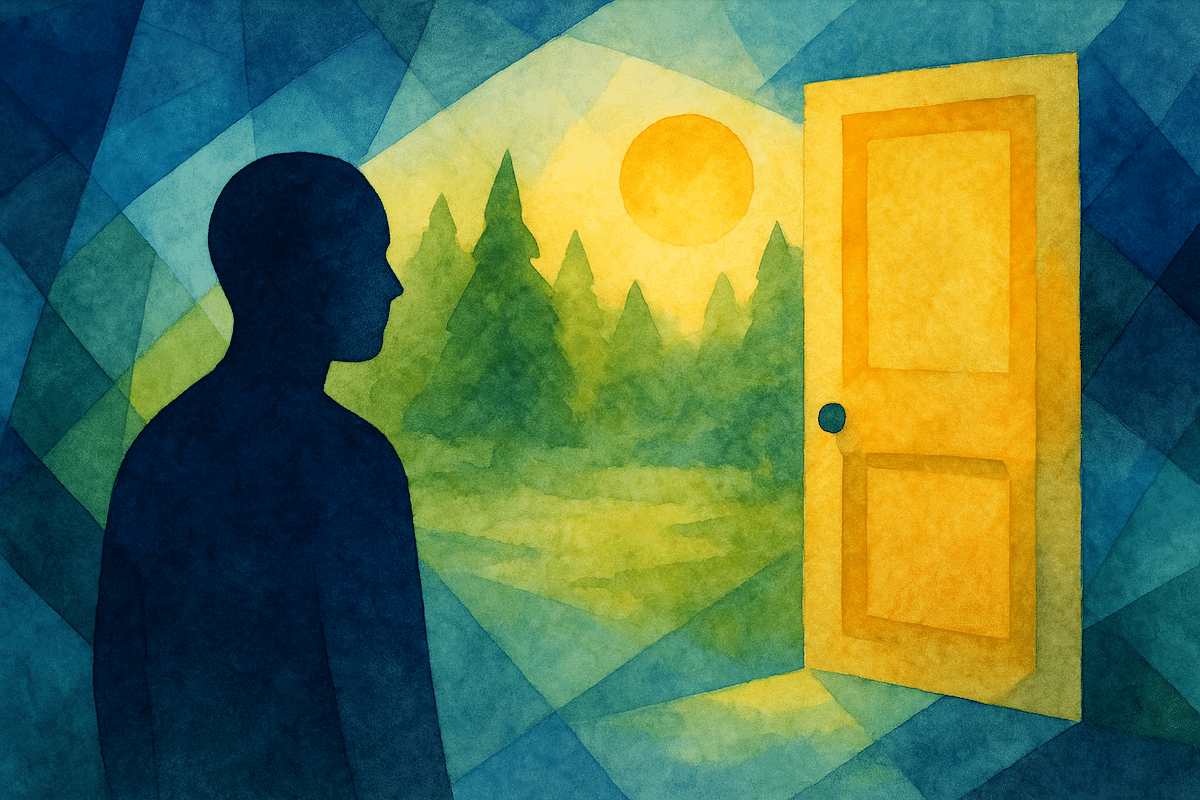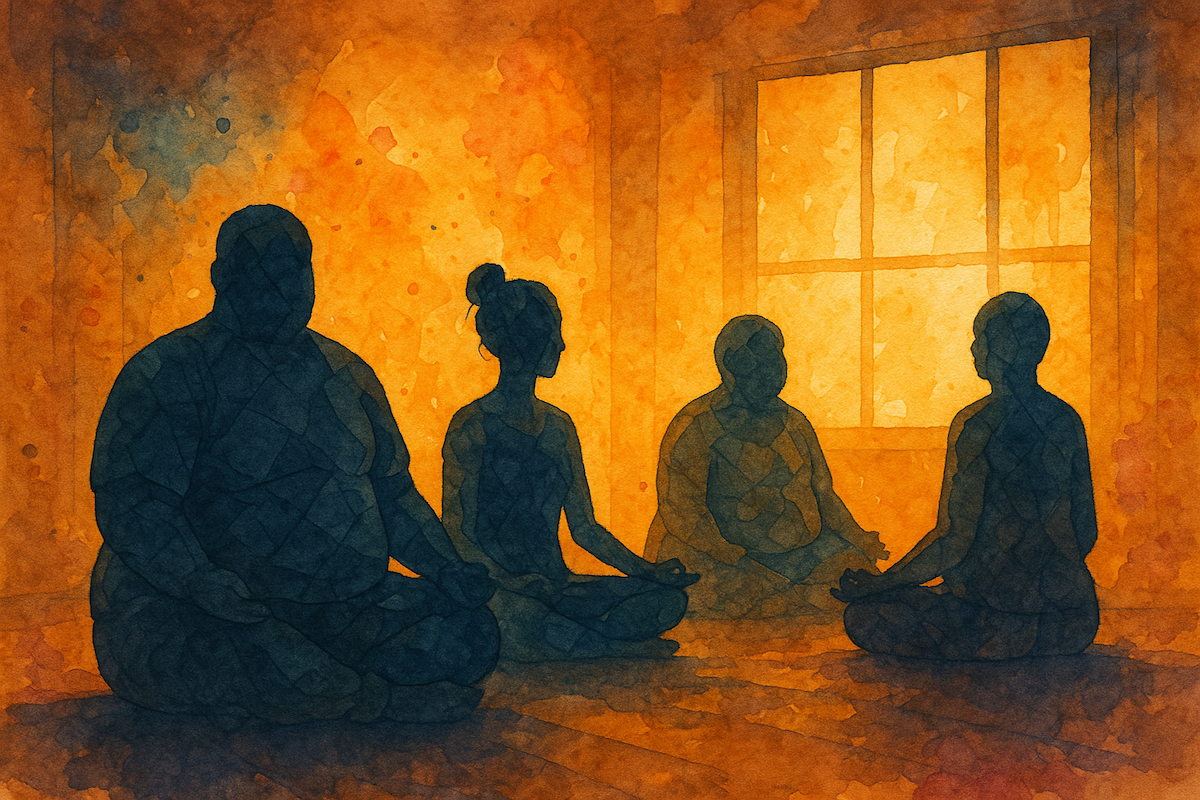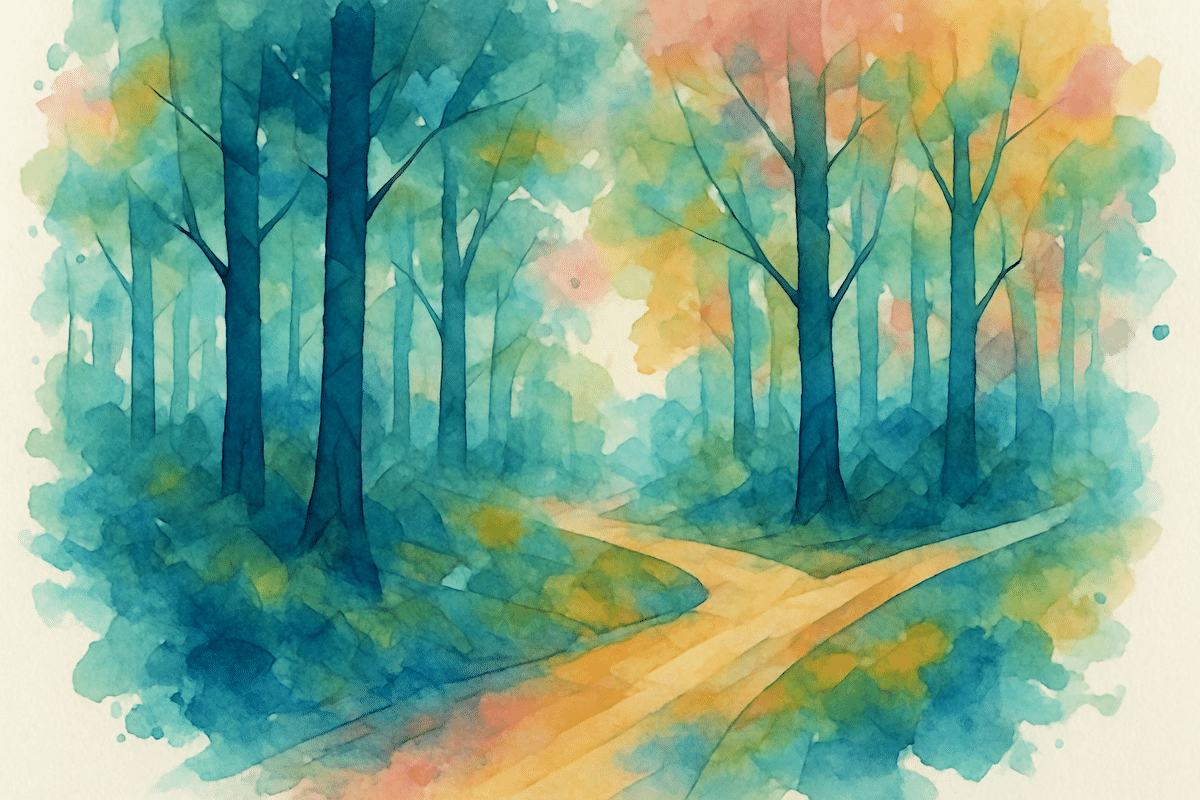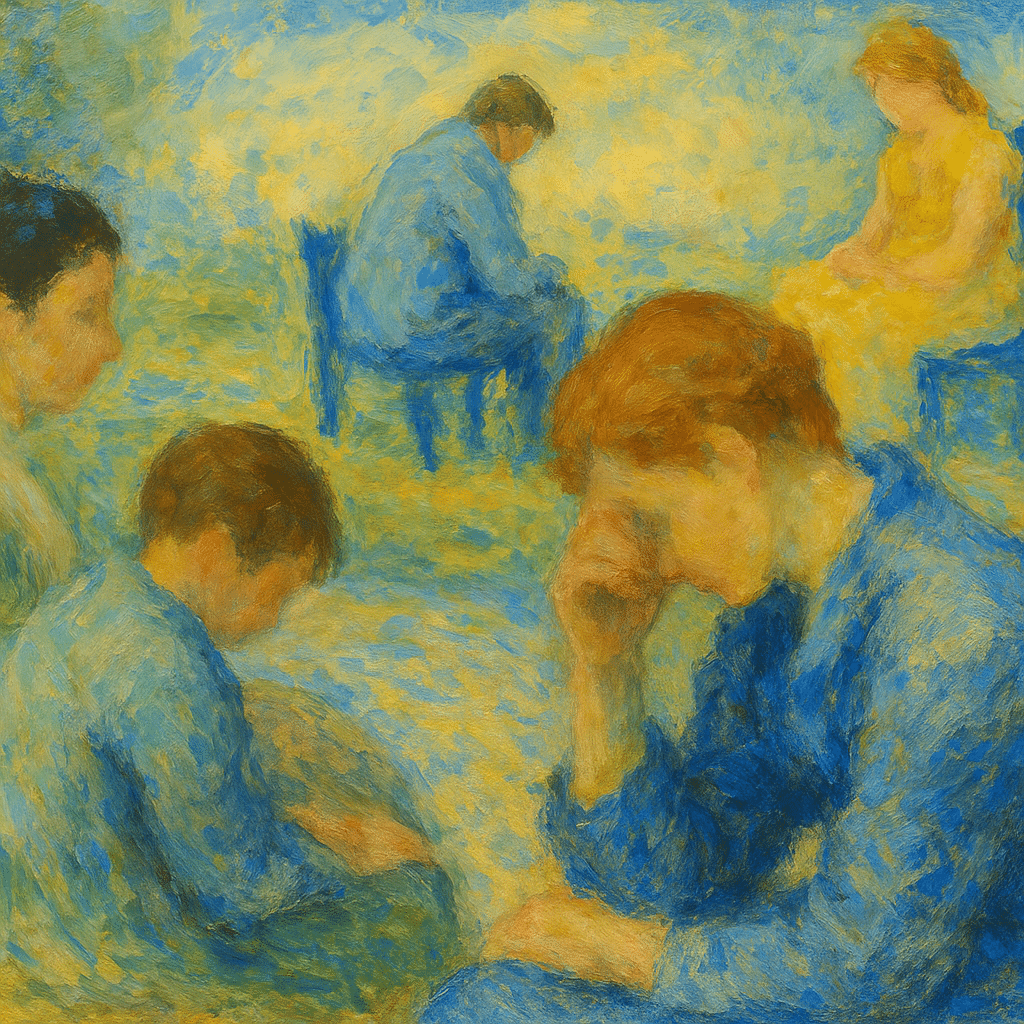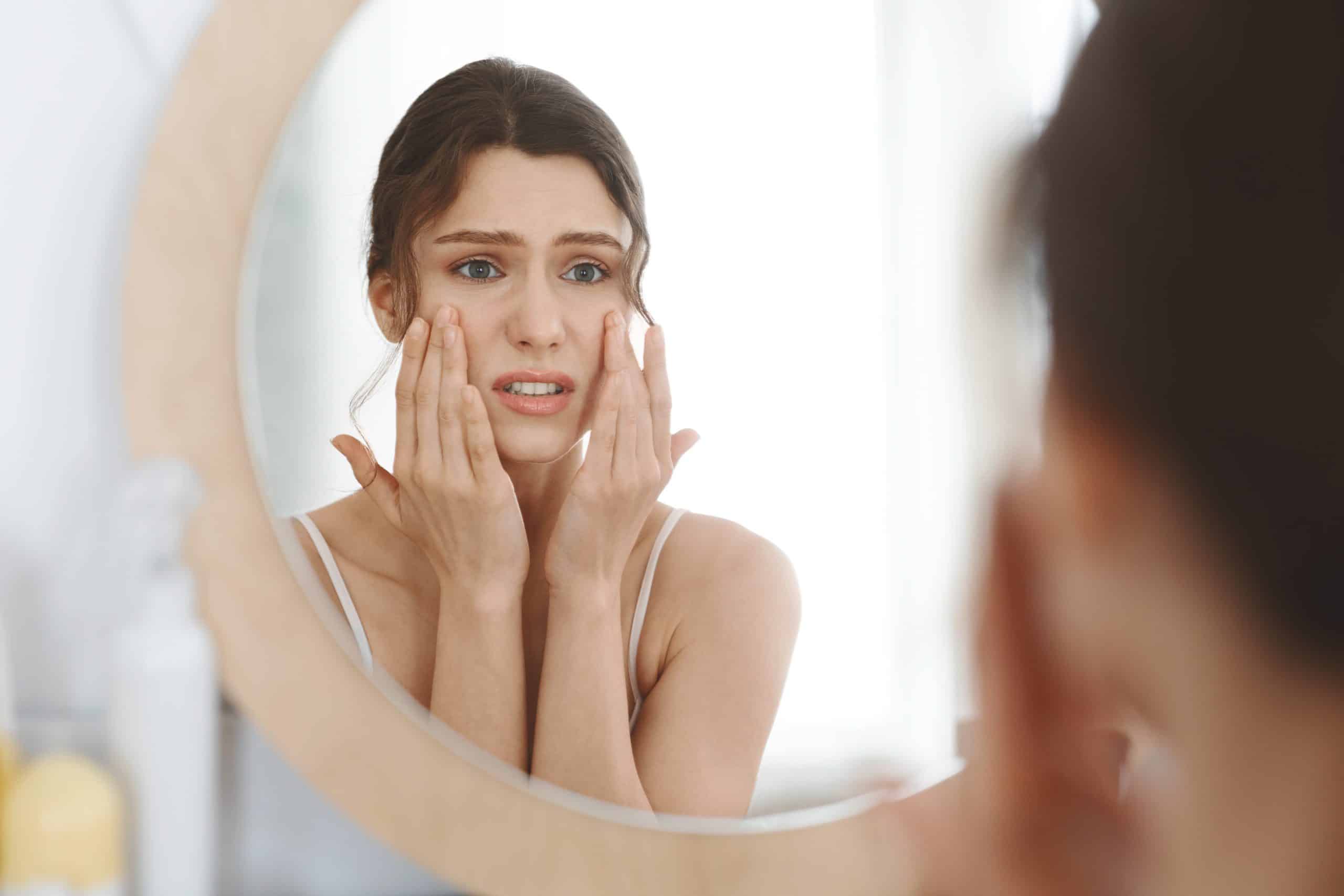Cannabis is often seen as harmless, especially as laws change and more people use it for recreation or medical reasons. For some, however, it isn’t harmless or beneficial — it can actually trigger a serious and frightening mental health condition called cannabis-induced psychosis.
If you or someone you love has experienced sudden paranoia, confusion, or hallucinations after using cannabis, you’re not alone — and you aren’t broken. Most importantly, there is help available.
In this article, we explain what cannabis-induced psychosis is, why it happens, and how treatment can help.
What is Cannabis-Induced Psychosis?
Cannabis-induced psychosis is a temporary break from reality that can occur after using marijuana (either through smoking, vaping, dabbing, consuming edibles, or ingesting cannabis through a tincture or spray). Psychosis is a group of symptoms that can involve hallucinations, delusions, or disorganized thoughts — experiences similar to those seen in schizophrenia or bipolar mania, but in this case triggered by cannabis use.
Key symptoms of psychosis after using cannabis include:
- Extreme paranoia or fear that others are plotting against you
- Hearing voices or seeing things that aren’t real
- Sudden withdrawal from friends or family
- Agitation, confusion, or incoherent speech
- Difficulty distinguishing reality from imagination
In most cases, these symptoms fade after the effects of the drug wear off. But for some people (especially those with a genetic or psychological vulnerability), cannabis-induced psychosis can last much longer or even trigger a chronic psychotic disorder.
Cannabis + Psychosis: What the Research Shows
For decades, researchers have been studying the link between cannabis and psychosis, and the evidence is strong: heavy or frequent cannabis use, particularly of high-potency THC products, significantly increases a person’s risk of developing psychotic symptoms¹.
A large meta-analysis published in Psychological Medicine found that daily cannabis users were three times more likely to experience psychosis compared to non-users, and those who used high-THC strains had an even higher risk².
Researchers believe THC, the psychoactive compound in cannabis, may disrupt dopamine signaling in the brain — especially in individuals who are genetically predisposed to mental health disorders. This disruption can lead to symptoms like paranoia, hallucinations, and delusions.
Another study published in Addiction found that quitting cannabis use often leads to a reduction or full remission of psychotic symptoms³. This underscores an important point: for most people, cannabis-induced psychosis is treatable and reversible with proper care.
Who is most at risk?
While anyone can experience cannabis psychosis, certain factors increase vulnerability:
- Early use – Starting cannabis use in adolescence (when the brain is still developing) increases risk.
- High THC concentration– Potent products like dabs, oils, or high-THC edibles carry a much greater risk.
- Frequency of use – Daily or near-daily use is strongly associated with risk of psychotic symptoms.
- Family history – Those with a family history of schizophrenia, bipolar disorder, or other psychotic illnesses are more susceptible.
- Underlying mental health conditions – Anxiety, depression, or trauma can compound the risk.
Understanding these risk factors helps explain why some people develop psychosis symptoms after limited cannabis use, while others never experience them at all.
How Cannabis-Induced Psychosis is Treated
Treatment focuses on three main goals: stabilizing symptoms, identifying underlying causes, and supporting long-term recovery.
- Medical stabilization – In an acute psychotic episode, hospitalization may be needed for safety and symptom management. Short-term use of antipsychotic medications can help reduce hallucinations and delusions.
- Substance use disorder treatment – Abstaining from cannabis is crucial. Medical detox and behavioral therapies such as cognitive-behavioral therapy (CBT) can help individuals manage cravings and understand triggers.
- Integrated mental health care – For people with underlying or co-occurring mental health conditions, integrated treatment — addressing both the substance use and mental health aspects simultaneously — leads to better long-term outcomes⁴.
The right treatment typically leads to a full recovery from a cannabis-related psychotic episode. However, continued cannabis use after recovery significantly increases the likelihood of relapse or progression to a chronic psychotic disorder⁵.
The Path Forward: Healing + Prevention
If you’ve experienced an episode of cannabis-induced psychosis, it’s normal to feel scared or be worried about developing a long-term psychiatric condition. Though recovery is possible. Treatment — even emergency medical care — may be necessary to keep you safe and help stabilize you during the initial onset of symptoms. Once the psychotic episode subsides, you may wonder how to avoid future episodes.
Here are a few steps that can help you:
- Avoid all forms of cannabis, including “low-THC” products. Even small amounts can trigger a relapse of psychosis symptoms.
- Stick with your treatment plan. Therapy, medication, and follow-up appointments are essential.
- Stay connected. Support groups, peer networks, and family education can strengthen recovery.
- Manage stress. Stress can worsen symptoms, so mindfulness, exercise, healthy sleep, and daily routines can all help protect your mental health.
If you’re supporting a loved one through this, approach them with compassion — not blame. Remember that psychosis is a medical event, not a choice or a personal failure. It’s a terrifying condition that can leave people deeply distressed. Empathy, compassion, and support are essential in helping them heal.
When to Seek Help
If you or someone you love is showing signs of cannabis-induced psychosis, don’t wait. The earlier treatment begins, the better the outcomes (for both mental health and the individual’s safety) will be. Reach out to a treatment center like STR Behavioral Health that offers integrated treatment for mental health disorders and substance use, so that both conditions can be addressed together holistically.
No one should navigate an experience like psychosis alone. With the right treatment and support, recovery and freedom are possible.

Silver Pines
Addiction Treatment To Help You Recover What Matters
No matter where you are in your journey, we’re here to help you build a life rooted in lasting sobriety, real connection, and a renewed sense of purpose.
Watch the video to learn more.
Lasting recovery begins with that first step. Contact our admissions team today or complete the form below to learn more about our detox and addiction treatment programs. Recovery is possible — and we’re here to help you get there.
References
- National Institute on Drug Abuse. (2020). Marijuana research report: What are marijuana’s long-term effects on the brain? National Institutes of Health.
- Di Forti, M., et al. (2019). The contribution of cannabis use to variation in the incidence of psychotic disorder across Europe. Psychological Medicine, 49(1), 27–35.
- Schoeler, T., et al. (2016). Continued versus discontinued cannabis use in patients with psychosis: A systematic review and meta-analysis. The Lancet Psychiatry, 3(3), 215–225.
- Drake, R. E., Mueser, K. T., Brunette, M. F., & McHugo, G. J. (2004). A review of treatments for people with severe mental illnesses and co-occurring substance use disorders. Psychiatric Rehabilitation Journal, 27(4), 360–374.
- Marconi, A., et al. (2016). Meta-analysis of the association between the level of cannabis use and risk of psychosis. Addiction, 111(3), 437–446.
Contact Us
Take the first step toward recovery today. Call now to connect with a compassionate team member who will answer your questions and guide you through the admissions process.
Prefer we reach out to you? Complete our contact form, and we’ll be in touch soon.
Admissions
